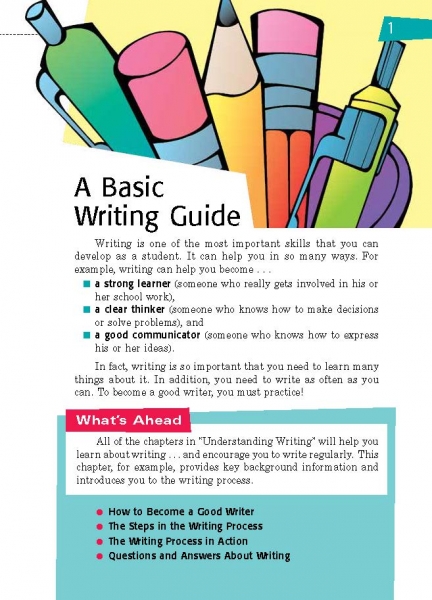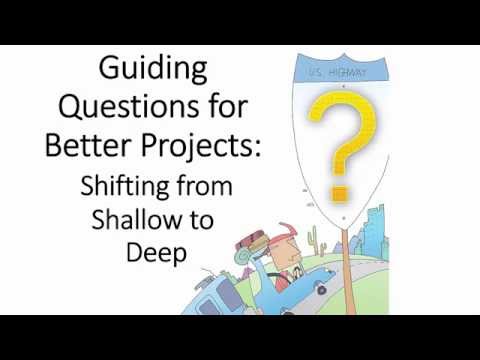
Start-Up Activity
Lead a class discussion about what today’s world would be like if there was no such thing as writing. How would knowledge be saved? How would school be different? How would communication be different? How would daily life be different?
Then after reading the introduction on page 1 aloud, ask students to suggest how writing can help them become a stronger learner, a clear thinker, and a better communicator.
Think About It
“I find that writing is a self-generating activity—the more one does it, the more easily if flows.”
—Joan Aiken


